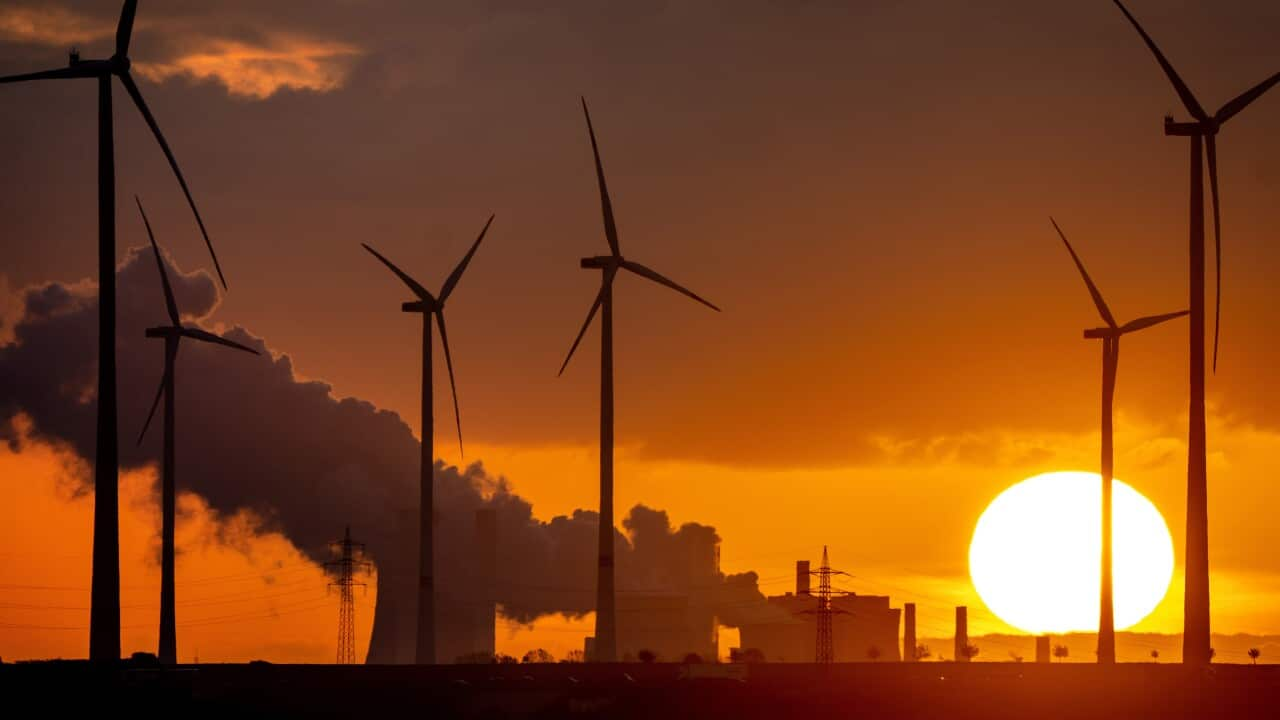Australian superannuation funds have doubled their investment in fossil fuels over the last two years, new data shows.
More than $39 billion has been invested in the global expansion of by Australia’s top 30 super funds at the end of 2023, according to Tuesday’s report by shareholder organisation Market Forces.
The report tracks retirement savings across what the organisation calls its Climate Wreckers Index — a group of 190 publicly listed coal, oil and gas companies.
It shows that for every dollar invested in clean energy, superannuation funds are funnelling five dollars into fossil fuels.
The amount allocated to listed clean energy companies has declined by half a billion dollars to a mere $7.7 billion, despite the funds’ climate pledges.
It found every single super fund had increased its investments in companies on its Climate Wreckers Index.
Even as the market watchdog warns it is on the lookout for , almost all of these super funds have signed up for net zero emissions by 2050 or acknowledge that climate change poses significant risks.
Which super funds were the best and worst performers?
The index showed no major trend of these super funds actively selling down stakes in companies on the Climate Wreckers Index.
The funds most exposed to the Climate Wreckers Index were:
- UniSuper – Balanced
- Commonwealth Super Corp – PSS Default
- MLC – MySuper Growth
Fossil fuels made up, respectively, 11.5 per cent, 10.8 per cent and 10.4 per cent of their stock market investments, according to the index.
The funds least exposed to the Climate Wreckers Index were:
- ESSSuper – Balanced
- Aware Super – High Growth
- NGS Super – Diversified MySuper
Fossil fuels made up, respectively, 6.6 per cent, 6.6 per cent and 6.7 per cent of their stock market investments, according to the index.
For the first time, researchers identified each fund’s share of emissions from the fossil fuel expansion plans of index members and pointed out three companies as the biggest polluters.
Woodside Energy, gas giant Santos and Whitehaven Coal were found to be responsible for more than half (59 per cent) of index companies’ projected emissions attributable to expansion plans.
Woodside and Santos can no longer obtain project finance for new oil and gas field developments from Australia’s big four banks, according to Market Forces.
Super funds told to ‘do better’ and avoid greenwashing
Market Forces called for the super funds to do better if they are to avoid scrutiny from regulators or face legal action for ‘‘.
“Thousands of members are furious that large funds including AustralianSuper, Australian Retirement Trust and HESTA are failing to rein in the climate-wrecking business plans of companies like Woodside,” Market Forces spokesman Brett Morgan said.
The combined emissions from these expansion projects, totalling more than 129 gigatonnes, would eat up about half of the remaining global carbon budget for keeping global warming to 1.5C, according to the research.
Resources heavyweight BHP was called out as a “significant problem”, with the five biggest funds collectively owning nearly 8 per cent of the company across dozens of investment options.
However, Vision Super’s chief investment officer Michael Wyrsch said there could be favourable outcomes for climate risk if BHP was successful in its attempted takeover of South African mining behemoth Anglo American.
BHP may close down some coal mines earlier than would be the case if Anglo American remained a standalone company, which would be good thing, he said.
